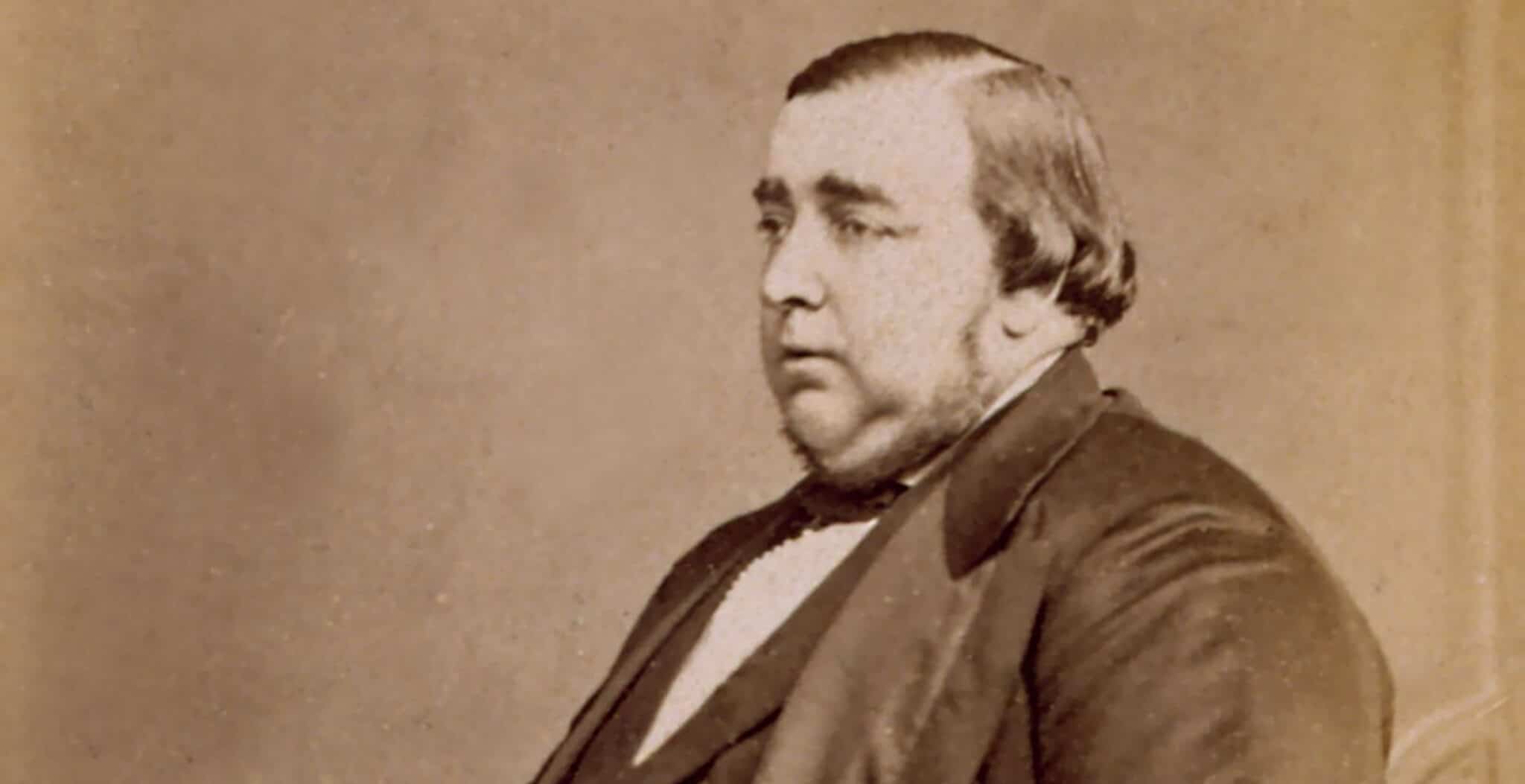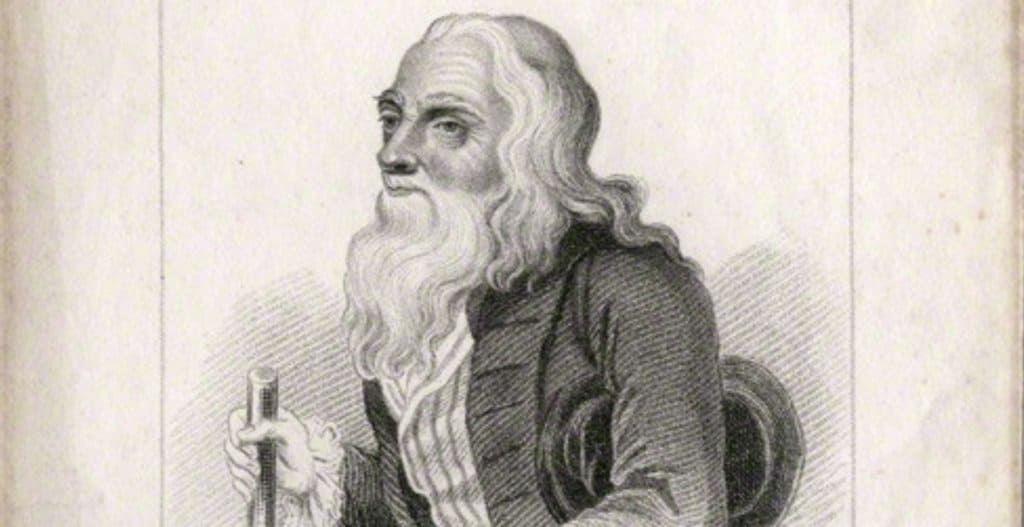British history is littered with stories of ‘impostors’.
During the reign of Henry VII, Lambert Simnel declared himself to be Richard, Duke of York, one of the ‘Princes in the Tower‘, incarcerated there by Richard III. After Simnel’s defeat at the Battle of Stoke, King Henry uncharacteristically decided to show mercy and employed him in the royal kitchens.
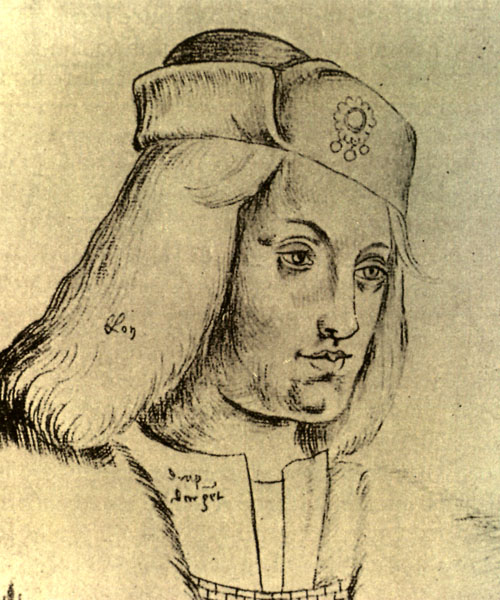
A few years later in 1495 Perkin Warbeck appeared, also claiming to be of royal birth. A more serious imposter, he led an unsuccessful rebellion against King Henry. Perkin did not fare as well as Lambert: after being incarcerated in the Tower of London, he was later hanged at Tyburn for treason.
In 1865 a retired Army Surgeon Dr James Barry died in London at the age of 73. He had been a popular and efficient officer with a long and distinguished career…but Dr Barry was actually a woman! He had been born Margaret Ann Bulkley. A lady at the lodging house where he died prepared the body prior to it being removed for burial, and maintained that not only was ‘he’ a woman, but also at some time in his past had given birth to a child!
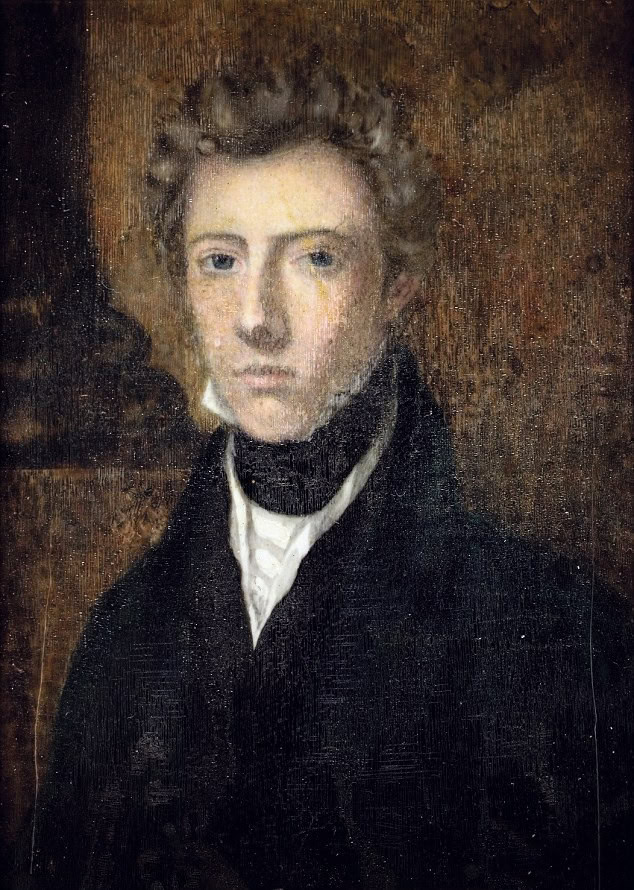
One of the most audacious impostors was a man called Arthur Orton, also known as Thomas Castro. He was a butcher in Wagga Wagga, Australia and had seen an advertisement in the press placed there by the Dowager Lady Tichborne seeking news about her son who had in 1823 set sail in a ship called The Bella. The Bella had foundered and her son Sir Roger Charles Doughty Tichborne was presumed drowned. Lady Tichborne refused to believe that her son was dead and advertised for any news about him in all the newspapers of the time.
Orton saw the advertisement and wrote to Lady Tichborne claiming to be her son. Lady Tichborne started an enthusiastic correspondence with him and asked him to see an old servant of the family living in Sydney, a man called Bogle. Orton easily convinced the old retainer that he was Roger Tichborne, as he had carefully researched the Tichborne family history. Lady Tichborne was delighted and sent money for Orton and his family to come to Europe. Orton met Lady Tichborne in Paris and she was considerably surprised by his appearance! Her son, who had left England in 1852, had been slim with a long thin face and the man who had returned was a middle-aged, fat man!!
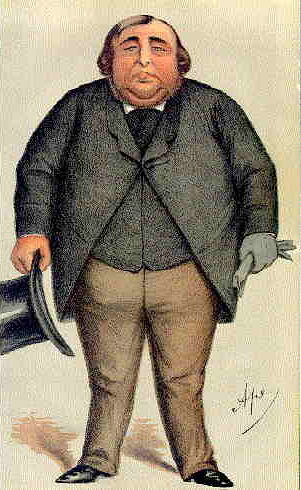
However, the poor lady was so thrilled to think that she had got her precious son back, she accepted him without question! Lady Tichborne made him an allowance of £1000 a year.
Several members of the family were not so easily duped and voiced their misgivings, but Lady Tichborne took no heed of their doubts.
Orton then made his big mistake; greed overcame him! He tried to claim the Tichborne estates from the young Henry Tichborne, the rightful heir. In 1871 after swearing an affidavit in Chancery that he was who he said he was, the case came to court. The lawyers for the Tichborne family made extensive investigations into Orton’s life and found that he was really a child of a butcher in Wapping, London! The trial lasted for 188 days, one of the longest of its type in British legal history. In spite of Orton’s popularity with the public, the jury found him guilty of perjury and he was sentenced to two seven-year sentences to run consecutively.
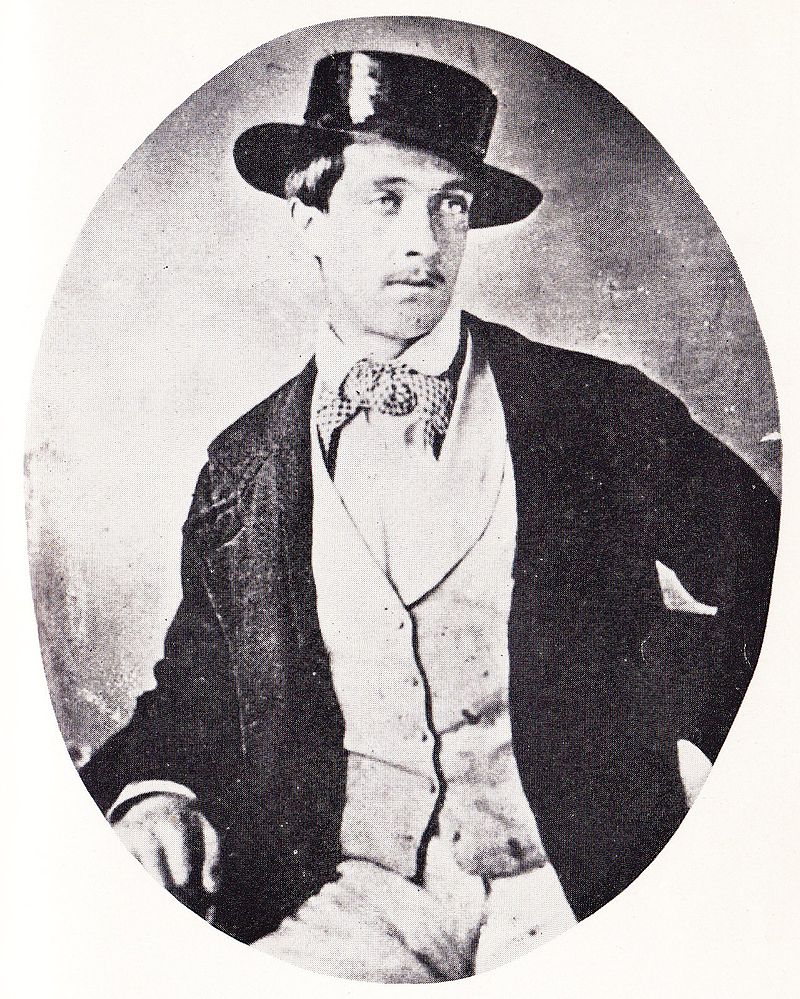
Arthur Orton was released in 1884 and toured music halls speaking about his claim. He was not very successful and went steadily downhill. After several years of living in humble boarding houses he died in 1898, aged 64. At his funeral, a card inscribed with the words ‘Sir Roger Tichborne’ was placed on his coffin.
